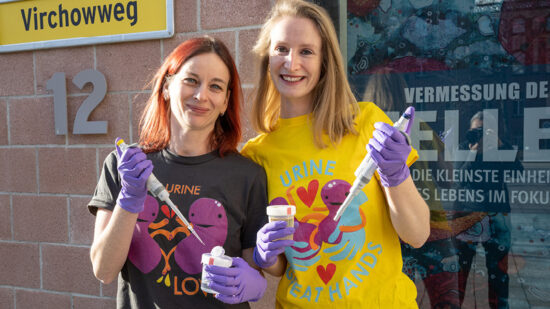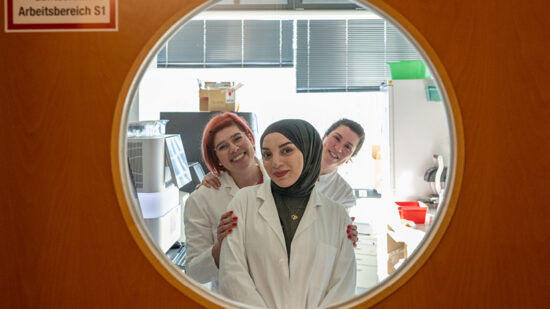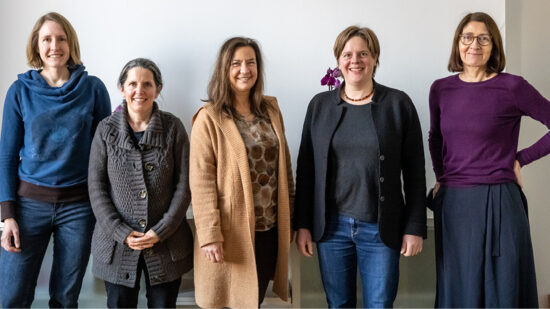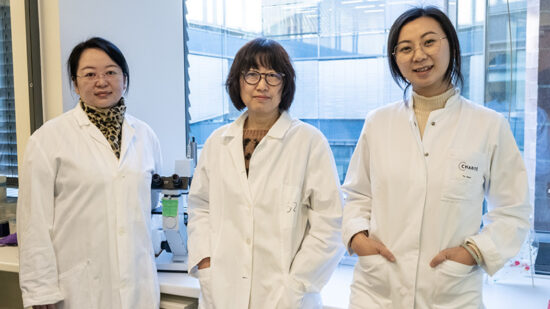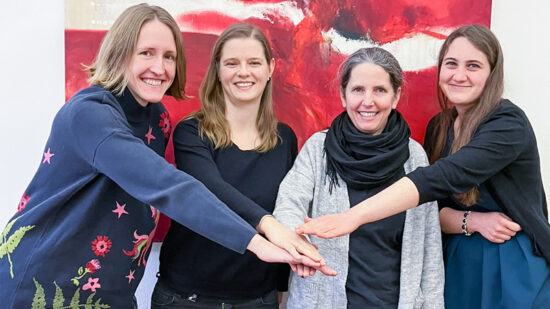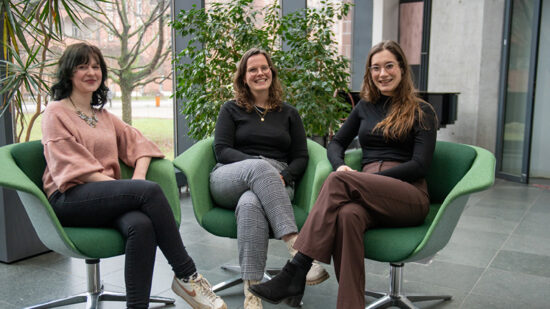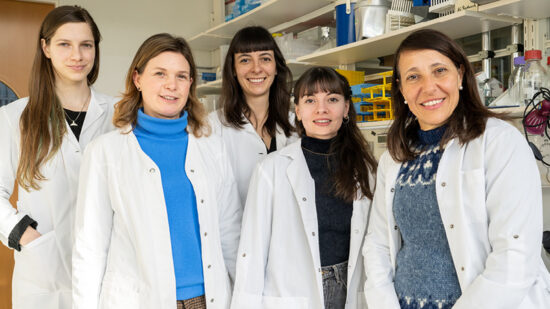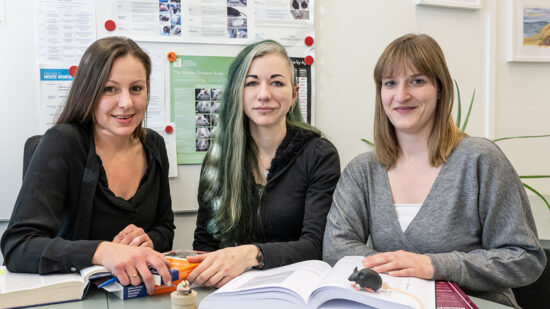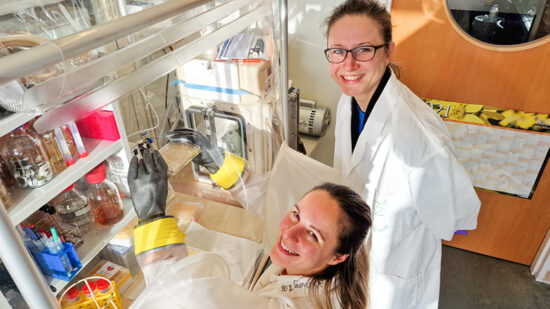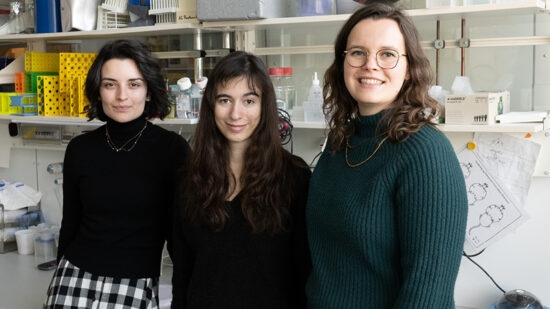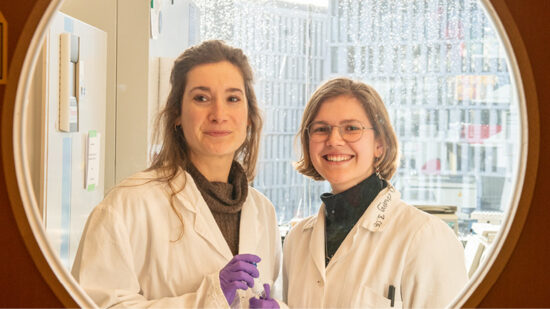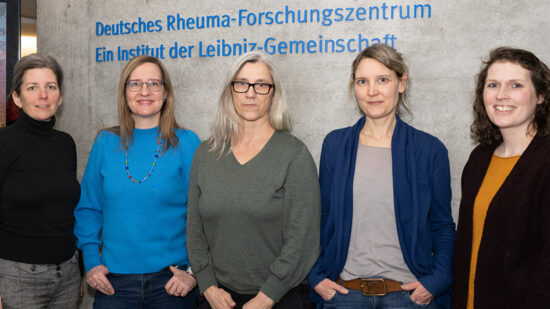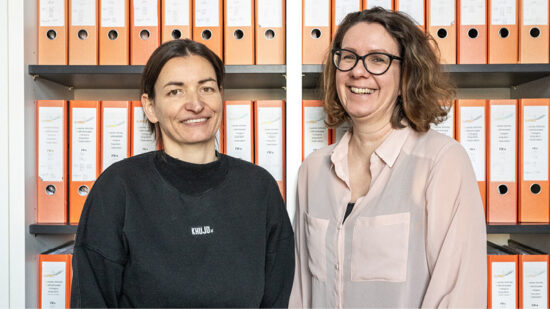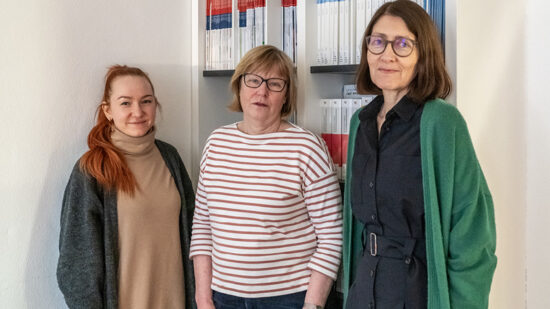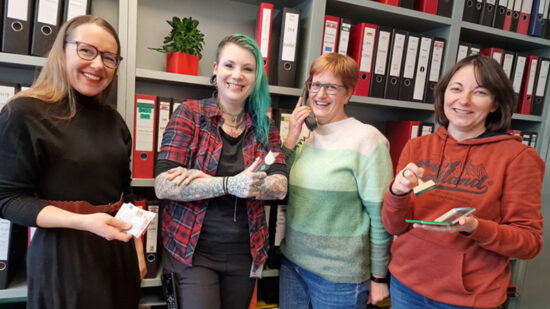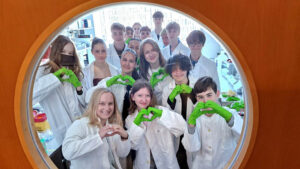International Women and Girls in Science Day: Together as a team
In science, as in life, everything is possible when working together as a team. Today, on the occasion of International Women and Girls in Science Day, the German Rheumatism Research Centre Berlin (DRFZ) takes a closer look at female teamwork at the institute.
Teamwork is a core philosophy of the DRFZ and an essential skill for young scientists to learn as part of their career development. The team stories highlighted here aim to address what connects the various team members, what characterises their teamwork and what they want to achieve by working together.
At the DRFZ, more than 60% of the employees are women. The Institute is actively committed to equal opportunities, as exemplified by being awarded the Total Equality Certificate. However, it is clear that despite accounting for approximately half of the world’s population, females are often under-represented in many scientific fields, particularly in leadership positions. The International Day of Women and Girls in Science was established by UNESCO in 2015 “to recognize the critical role of women and girls in science and technology”. By positively showcasing the work of females in various roles at the DRFZ, the aim is to encourage more young people, girls especially, to consider pursuing a career in science. (Unesco)

 Deutsch
Deutsch